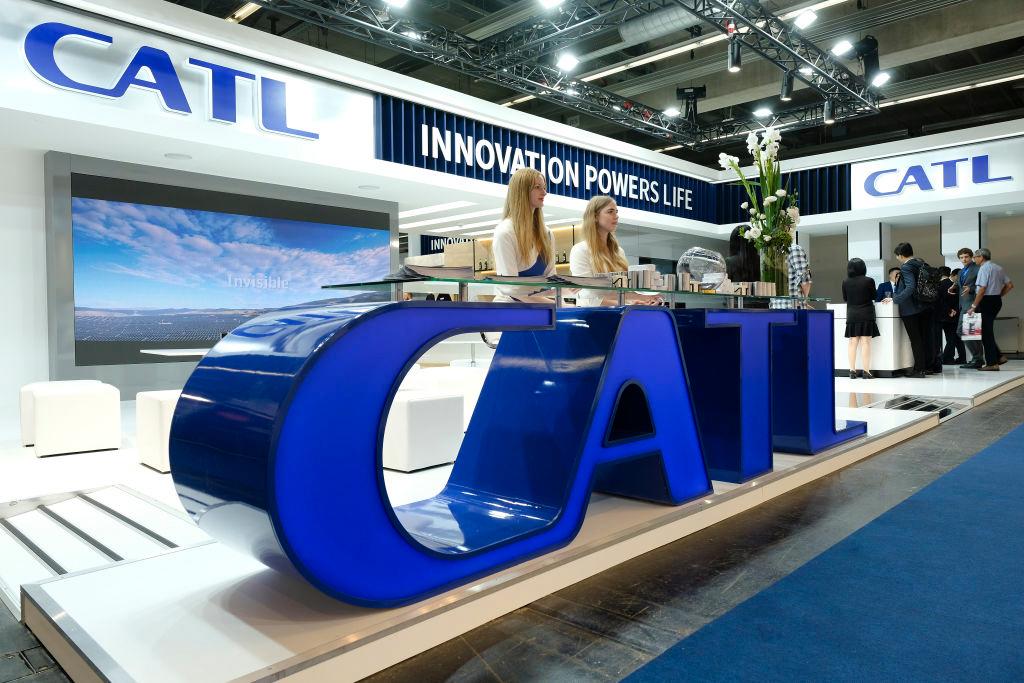The chairman of the House panel on the Chinese Communist Party urged two U.S. banks to withdraw from working on a first-time share sale of a Chinese electric vehicle battery titan, saying they could face “significant regulatory, financial, and reputational risks” by underwriting its listing.
Rep. John Moolenaar (R-Mich.), chairman of the House Select Committee on the Chinese Communist Party, urged Bank of America and JPMorgan Chase on April 17 to halt further work on Contemporary Amperex Technology Co. Ltd.’s (CATL) initial public offering.





